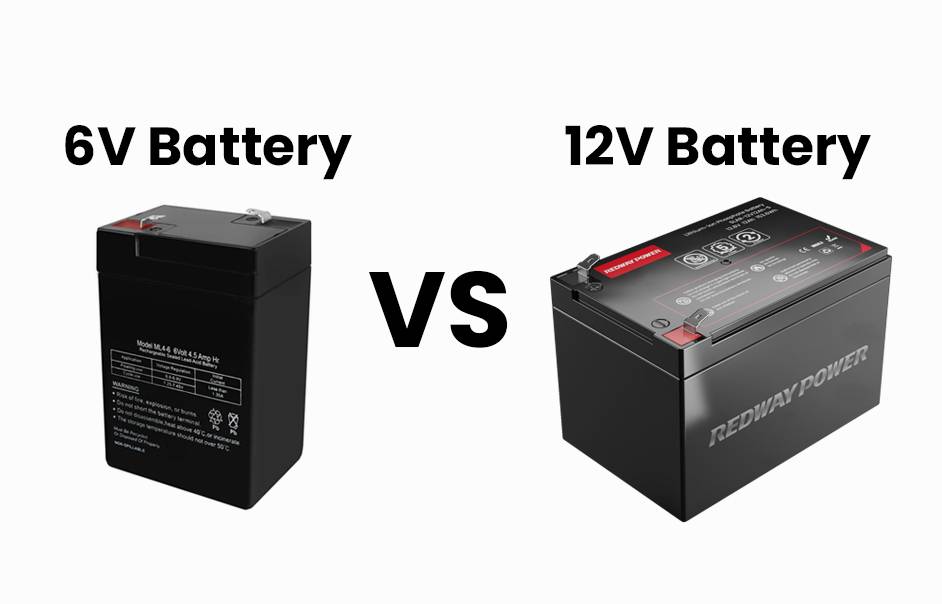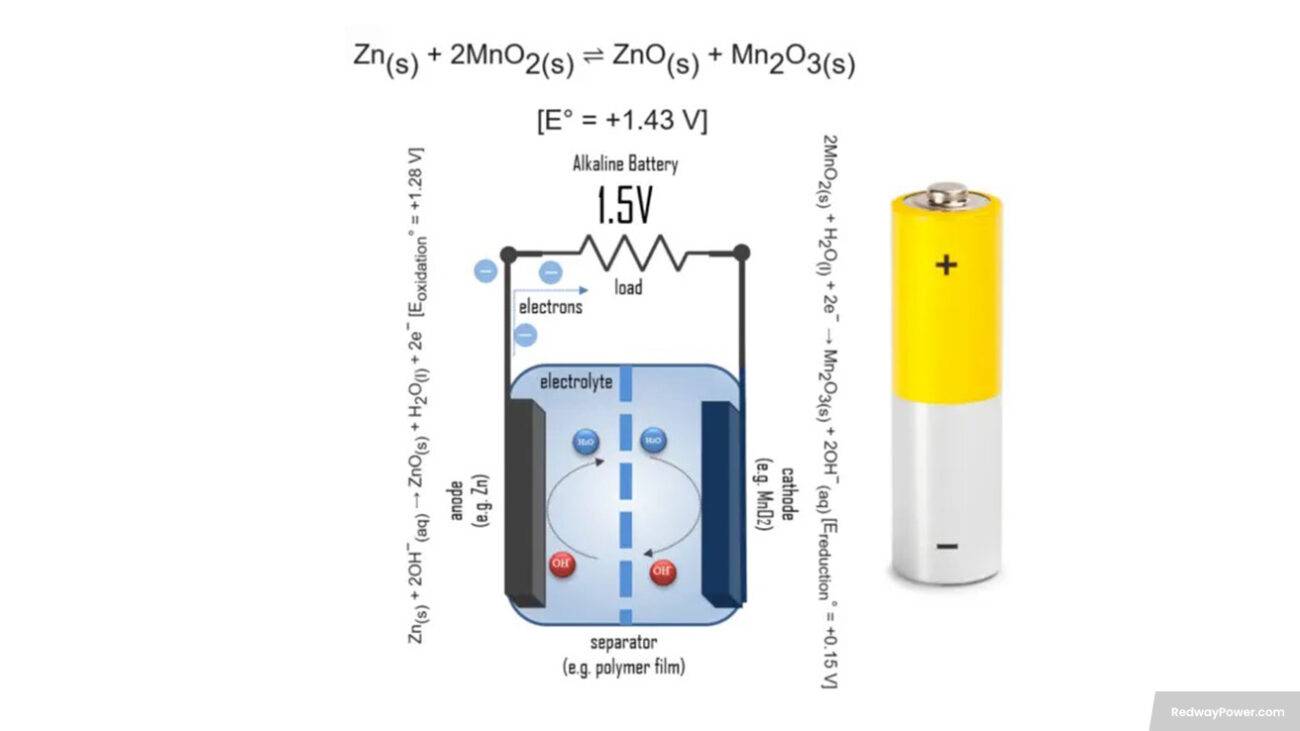Explore the significance of a robust power source in batteries, transcending its mere terminology. Unveil the factors dictating the voltage of a 12V battery in this insightful blog post. Learn to measure voltage accurately, discern signs of battery weakness, and master tips for upkeep. Join us on this electrifying journey to appreciate the unsung heroism of batteries in powering our devices and vehicles smoothly.
What is a Healthy Battery?
A healthy battery is vital for electronic devices and vehicles, ensuring smooth operation and longevity. Maintaining optimal voltage levels prevents issues like overheating and short circuits, safeguarding both the device and battery. In emergencies, a fully charged battery provides essential power for communication and lighting. Caring for batteries ensures uninterrupted productivity and readiness for unforeseen circumstances. Let’s delve into maintaining optimal voltage levels in 12V batteries.
Factors that Affect Battery Voltage
Factors affecting the voltage of a healthy 12V battery include temperature, age, and usage patterns. Extreme temperatures can slow down chemical reactions, impacting voltage. Aging batteries lose their charge-holding capacity over time, leading to quicker voltage drops. Usage patterns, such as deep discharges or prolonged discharge periods, also affect voltage. Maintenance practices like cleaning terminals and ensuring proper water levels are crucial. Understanding these factors helps maintain battery health and maximize performance.
Measuring Voltage in a 12V Battery
Measuring the voltage of a 12V battery is crucial for assessing its health and performance. With the help of a multimeter, you can accurately determine the voltage level, ensuring your battery is in optimal condition for use.
- Use a Multimeter: Obtain a multimeter, a versatile tool for measuring electrical parameters like voltage.
- Connect Probes: Ensure the battery is fully charged, then connect the positive probe to the positive terminal and the negative probe to the negative terminal.
- Read Voltage: Note the voltage reading displayed on the multimeter, ideally between 12.6 and 12.8 volts for a healthy, fully charged 12V battery.
- Consider External Factors: Keep in mind that temperature can influence voltage readings, so measure under stable conditions.
- Monitor for Changes: If you notice significant voltage fluctuations without heavy usage, consider having the battery inspected by a professional.
- Maintain Proper Voltage Levels: Regular monitoring and maintenance of voltage levels prolong battery lifespan and ensure optimal performance.
Conclusion: Measuring the voltage of your 12V battery using a multimeter helps assess its health and performance. By following these steps and maintaining proper voltage levels, you can extend the battery’s lifespan and ensure reliable power for your needs.
Signs of a Weak or Unhealthy Battery
Recognizing signs of a weak or unhealthy 12V battery is essential to avoid unexpected headaches:
- Slow Cranking: If your car engine cranks slower than usual during startup, it may indicate insufficient battery power.
- Dimming Lights: Dimming headlights or flickering interior lights suggest a weakening battery unable to provide adequate power.
- Difficulty Starting: Multiple attempts to start the engine or complete failure to start could signal battery issues.
- Malfunctioning Electronics: Problems like intermittent radio cuts or sluggish power windows may indicate voltage insufficiency.
- Unusual Smells: A sulfur-like odor from under the hood can indicate battery overworking and potential damage.
Being aware of these signs helps prevent breakdowns and ensures safety on the road. Don’t ignore unusual vehicle electrical behaviors – addressing them promptly could prevent being stranded with a dead battery.
Tips for Maintaining a Healthy Battery
Maintaining a healthy 12V battery ensures reliable power for your vehicle. Here are valuable tips to keep your battery in top condition:
- Inspect and Clean Regularly: Clean battery terminals to remove dirt and corrosion, ensuring optimal performance.
- Keep Your Car Running: Regularly start the vehicle to prevent battery sulfation during long periods of inactivity.
- Avoid Short Trips: Combine errands to allow sufficient charging time for the battery and prevent depletion.
- Disconnect Electronics: Unplug devices from car outlets to avoid draining the battery when the engine is off.
- Turn Off Lights: Double-check that headlights and interior lights are off before leaving the vehicle to prevent battery drain.
- Use a Quality Charger: Invest in a trickle charger or smart maintainer to keep the battery topped up during extended non-use.
- Schedule Maintenance Checks: Regular inspections by a mechanic help identify and address electrical system issues early on.
Consistently following these tips maintains optimal voltage levels in your 12V battery, ensuring a reliable power source for your vehicle.














